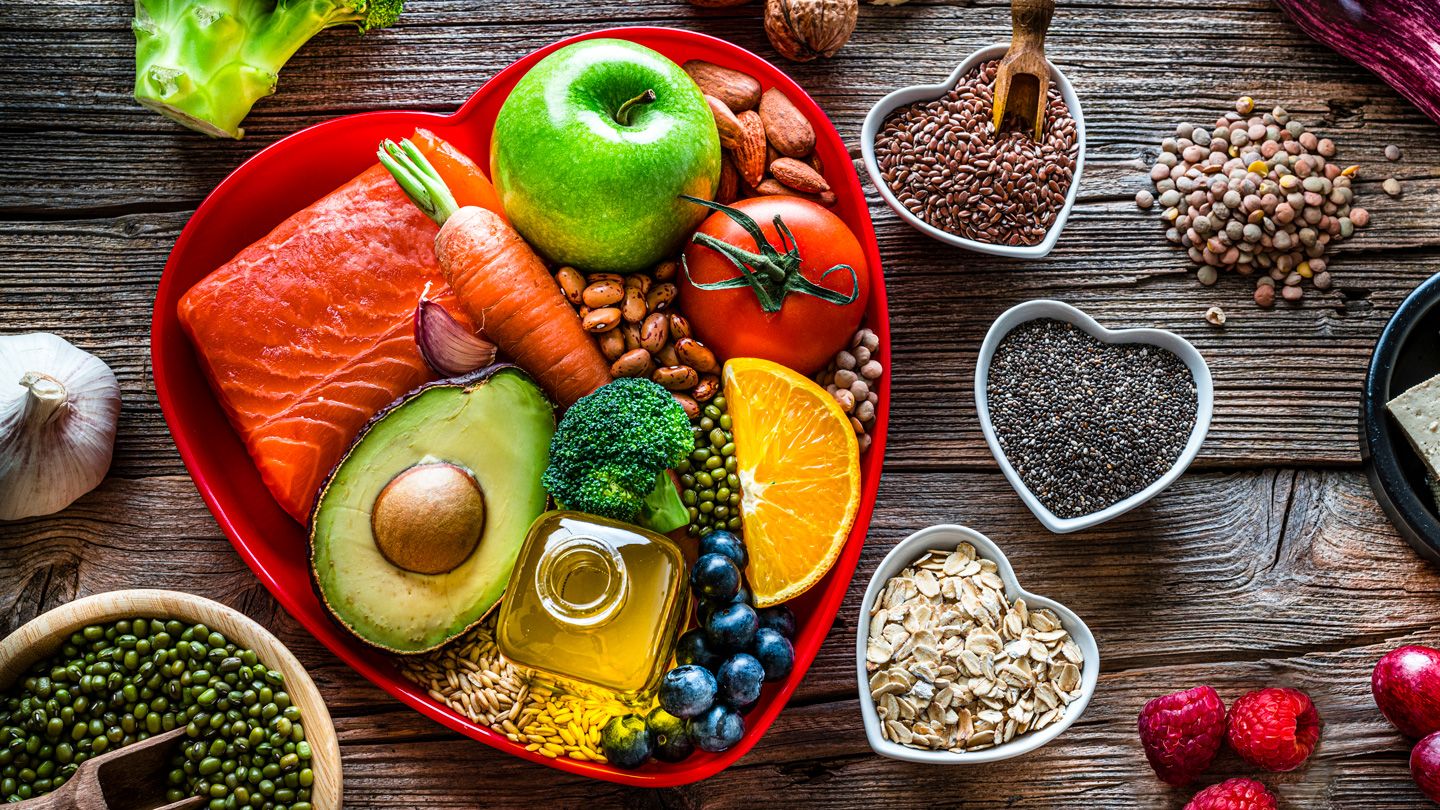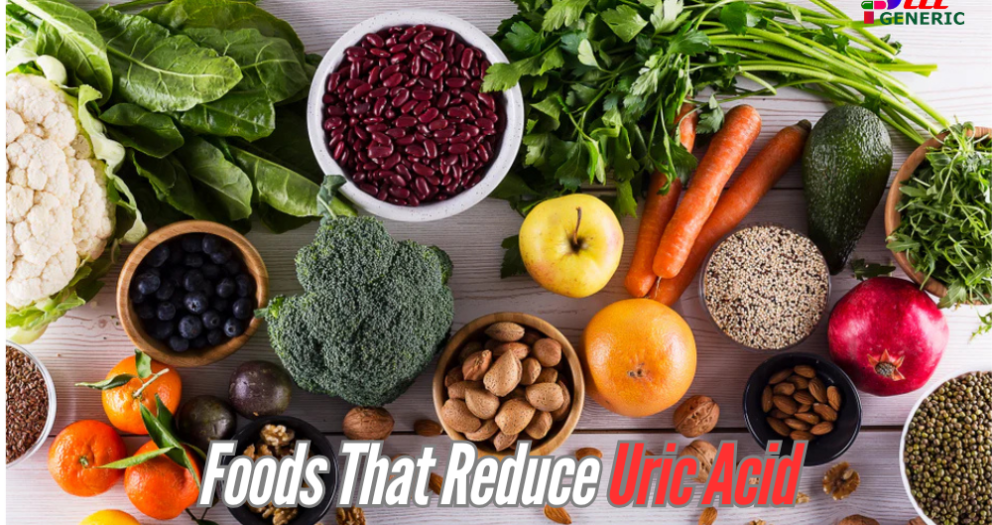A Complete Guide to Foods That Reduce Uric Acid and Prevent Gout
The body produces uric acid as a natural result of breaking down purines. While normal levels of uric acid are harmless, excessive amounts can lead to the formation of crystals in joints, resulting in gout—a painful and debilitating condition. Managing your diet is one of the most effective ways to control uric acid levels and prevent gout attacks. This guide will provide insights into foods that reduce Uric acid and tips to maintain a gout-free lifestyle.
Understanding Uric Acid and Gout
What is Uric acid?
Uric acid forms when the body breaks down purines found in certain foods and drinks. While most acid dissolves in the blood and exits through urine, high levels can lead to:


- Gout
- Kidney stones
- Joint inflammation
Foods That Help Reduce Uric acid
Incorporating the right foods into your diet can help control uric acid levels and reduce the risk of gout. Here are some gout-friendly options:1. Low-Purine Foods
Low-purine foods produce lessacid during digestion, making them ideal for gout management. Examples include:- Fruits: Apples, cherries, berries, bananas, and oranges.
- Vegetables: Broccoli, kale, carrots, and bell peppers.
- Grains: Brown rice, oats, and whole-grain bread.
2. Cherries
Cherries, especially tart cherries, are rich in anthocyanins, which have anti-inflammatory properties. Studies suggest they may reduce the frequency of gout attacks.3. Citrus Fruits
Fruits like oranges, lemons, and limes are high in vitamin C, which helps lower uric acid levels and supports kidney function.4. Dairy Products
Low-fat or fat-free dairy, such as milk, yogurt, and cheese, is associated with reduced acid levels. They also provide protein without increasing purine levels.5. High-Fiber Foods
Fiber helps absorb Uric acid in the bloodstream and aids its elimination. Include foods like:- Whole oats
- Lentils
- Sweet potatoes
6. Plant-Based Proteins
Legumes, nuts, and seeds are excellent sources of protein without the high purine content found in meat.7. Potassium-Rich Foods
Potassium-rich foods like bananas, avocados, and spinach support kidney health and aid in acid excretion.8. Green Tea
Green tea contains antioxidants that may help lower acid levels and reduce inflammation.
Foods to Avoid
Certain foods are high in purines and can exacerbate acid buildup. Limiting these can significantly reduce gout risk:1. Red Meat and Organ Meats
Foods like beef, lamb, liver, and kidneys are high in purines and should be eaten sparingly.2. Certain Seafood
Shellfish, sardines, anchovies, and mackerel are particularly high in purines.3. Alcohol
Beer and spirits interfere with acid excretion, making them a major trigger for gout attacks.4. Sugary Beverages
Drinks with high fructose corn syrup, such as soda and certain juices, can increase acid production.5. Processed Foods
Packaged snacks, fast food, and sugary desserts often contain additives that worsen inflammation and hinder acid metabolism.Lifestyle Tips for Managing Uric Acid
In addition to dietary changes, these lifestyle habits can help keep acid levels in check:- Stay Hydrated Staying hydrated by consuming adequate amounts of water is essential for removing excess acid from the body through urination, with a recommended daily intake of at least 8-10 glasses.
- Maintain a Healthy Weight Excess weight increases the risk of gout. A balanced diet and regular exercise can help maintain an optimal weight.
- Exercise Regularly Moderate physical activity improves overall metabolism and supports kidney function. Avoid high-intensity workouts during a gout flare-up.
- Limit Alcohol Lowering Uric acid levels can be greatly reduced by cutting back on or removing alcohol from your diet.
- Monitor Your Uric Acid Levels Regular check-ups can help you track your progress and adjust your diet or treatment plan as needed.

Sample Meal Plan for Reducing Uric Acid
Breakfast:- A bowl of oatmeal topped with cherries and almond milk.
- A glass of fresh orange juice.
- A banana or a handful of unsalted nuts.
- Grilled chicken or tofu with a side of steamed broccoli and quinoa.
- A glass of low-fat milk.
- Sliced apple with a spoonful of almond butter.
- Baked salmon (moderate portion) with sweet potato and sautéed spinach.
- A cup of green tea.
- Fresh mixed berries with a dollop of Greek yogurt.
When to Consult a doctor
If you experience frequent gout attacks or have difficulty managing uric acid levels despite dietary changes, consult a healthcare provider. They may recommend medications such as:- Allopurinol to reduce acid production.
- Colchicine to manage gout flare-ups.
- Probenecid to help the kidneys excrete Uric acid.

